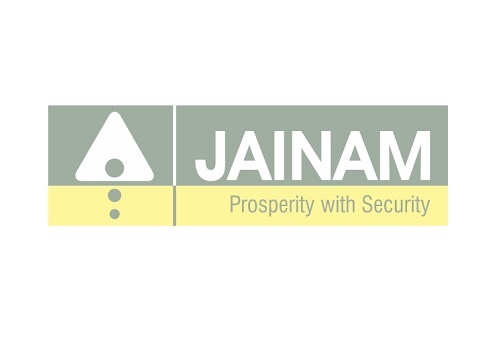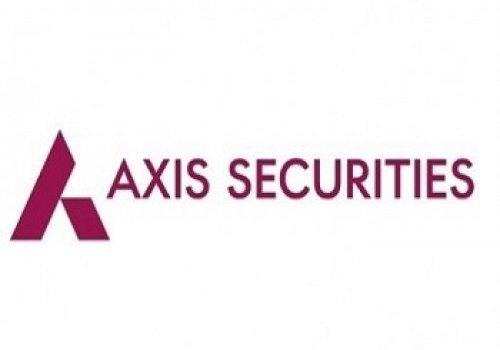Bourses extend fall for sixth straight session on Friday
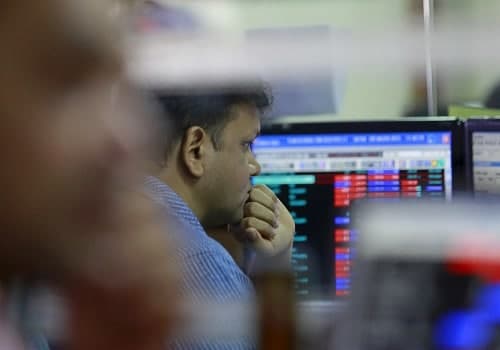
Follow us Now on Telegram ! Get daily 10 - 12 important updates on Business, Finance and Investment. Join our Telegram Channel
Indian equity bourses extended their fall for the sixth straight session on Friday, largely taking cues from the global markets, in absence of any major domestic event. After the tepid start, the benchmarks continued trade with volatility till the end amid unabated foreign fund outflows, and rising crude oil prices. As per exchange data, foreign institutional investors (FIIs) remained net sellers in the capital market, as they sold shares worth Rs 3,257.65 crore on Thursday. Traders got anxious as referring to economic crisis in Sri Lanka, a Reserve Bank article said states are showing warning signs of building stress, and the 5 most indebted ones -- Punjab, Rajasthan, Bihar, Kerala and West Bengal -- need to take corrective measures by cutting down expenditure on non-merit goods. Domestic sentiments remained negative, as RBI Governor Shaktikanta Das has said that big tech's play in finance poses systemic concerns like overleverage. Besides, RBI Governor said that loan recovery agents using harsh methods like calling up at odd hours, foul language unacceptable.
However, losses remain capped as some support came with a periodic labour force survey by the National Statistical Office (NSO) showed the unemployment rate for persons aged 15 years and above in urban areas dipped to 8.2 per cent in January-March 2022 from 9.3 per cent in the year-ago quarter. Some support also came in as advance tax paid by companies in the first quarter of the fiscal year grew 46 per cent over that in the equivalent period in 2021-22, indicating healthy tax buoyancy that will provide the government the cushion to absorb part of the higher subsidy bill. Besides, the Reserve Bank of India (RBI) in its monthly bulletin said ‘Domestic economic activity has been gaining traction in spite of formidable headwinds from external developments’. Meanwhile, the Goods and Services Tax (GST) Council will meet on June 28-29 to deliberate on the way forward after end of the five-year compensation period for states on June 30, including rationalization of tax rates in a phased manner, as a multi-year goal due to inflationary concerns.
On the global front, Asian markets ended mostly lower on Friday as a cautious undertone prevailed elsewhere on concerns that aggressive monetary tightening by major central banks to cool inflation could lead to a slowdown in global growth. European markets were trading higher after China's cabinet vowed to act decisively in ramping up support for the ailing economy. Investors were also reacting to comments by U.S. President Joe Biden that a U.S. recession isn't inevitable and that the country was in a stronger position than any nation in the world to overcome inflation. Meanwhile Eurozone inflation rose to a record high of 8.1 percent in May on an annualized basis, Eurostat said in a final reading.
Back home, banking stocks were buzzing as M Rajeshwar Rao, deputy governor of the Reserve Bank of India (RBI), said gross non-performing assets (NPAs) of the banking sector dropped below 6 per cent as of March 2022 - the lowest since 2016 - and net NPAs fell to 1.7 per cent during the same period, indicating that the sector has remained largely unscathed from the ill-effects of the Covid-19 pandemic so far. Stocks related to steel industry were in watch as rating agency ICRA revised its outlook on the domestic steel to stable from positive, mainly on the account of mounting input costs amid low steel rates. Airline stocks were in action as the jet fuel prices were sharply hiked by 16 per cent, recording an all-time high, in order to be in-line with the soaring international crude oil prices.
Finally, the BSE Sensex fell 135.37 points or 0.26% to 51,360.42 and the CNX Nifty was down by 67.10 points or 0.44% to 15,293.50.
The BSE Sensex touched high and low of 51,652.83 and 50,921.22, respectively. There were 9 stock advancing against 21 stocks declining on the index.
The broader indices ended in red; the BSE Mid cap index fell 0.68%, while Small cap index was down by 0.88%.
The top gaining sectoral indices on the BSE were Bankex up by 0.42%, Finance up by 0.24%, Metal up by 0.20% and Realty up by 0.03%, while Oil & Gas down by 3.07%, Consumer Durables down by 2.68%, Energy down by 1.86%, Healthcare down by 1.60%, Power down by 1.59% were the top losing indices on BSE.
The top gainers on the Sensex were Bajaj Finance up by 2.63%, Bajaj Finserv up by 2.47%, ICICI Bank up by 1.43%, Reliance Industries up by 1.18% and ITC up by 0.92%. On the flip side, Titan Company down by 6.06%, Wipro down by 4.07%, Dr. Reddy's Lab down by 3.35%, Asian Paints down by 2.79% and Sun Pharma down by 2.78% were the top losers.
Meanwhile, RBI Deputy Governor M Rajeshwar Rao has said despite the improvement in asset quality, financial institutions, including banks, need to proactively undertake stress testing of loan books to examine their loss absorption limits and take steps to improve them wherever required. Rao stated the gross non-performing assets (GNPAs) and net NPAs of banks improved to 5.97 per cent and 1.7 per cent as of March 31, 2022, from 9.23 per cent and 3.66 per cent as of September 2019, respectively.
He noted although the asset quality has improved from the pre-pandemic levels, lenders should ascertain whether this is on account of better fundamentals or due to the regulatory support extended to deal with the impact of the pandemic. He said while the central bank has attempted to combat the impact of the pandemic on the financial system, (but) the task is only half done.
He said ‘We have to ensure that the financial system escapes unscathed as we exit from the pandemic-driven regulatory forbearances.’ He also added the pandemic saw the financial sector enjoying favourable momentum with an increase in liquidity, the flow of credit and normal spending on relief programmes.
The CNX Nifty traded in a range of 15,400.40 and 15,183.40. There were 15 stocks advancing against 35 stocks declining on the index.
The top gainers on Nifty were Bajaj Finserv up by 2.76%, Bajaj Finance up by 2.73%, Coal India up by 2.25%, JSW Steel up by 2.11% and Reliance Industries up by 1.76%. On the flip side, Titan Company down by 6.09%, Wipro down by 3.77%, Shree Cement down by 3.66%, HDFC Life Insurance down by 3.29% and BPCL down by 3.10% were the top losers.
European markets were trading higher; UK’s FTSE 100 increased 57.35 points or 0.81% to 7,102.33, France’s CAC increased 71.62 points or 1.22% to 5,957.86 and Germany’s DAX increased 130.66 points or 1% to 13,169.15.
Asian markets ended mostly lower on Friday on concerns that aggressive monetary tightening by major central banks could lead to a slowdown in global growth and even recession. Market sentiments weakened further by tracking a broad sell-off in US stocks overnight following disappointing US housing, regional manufacturing activity and labor market data. Japanese shares declined as the country's central bank BoJ wrapped up its monetary policy meeting with no major changes to its ultra-low interest rates. However, mainland Chinese and Hong Kong shares rallied after China's cabinet pledged more policy steps to help the world's second-largest economy recover from the coronavirus pandemic.
Above views are of the author and not of the website kindly read disclaimer

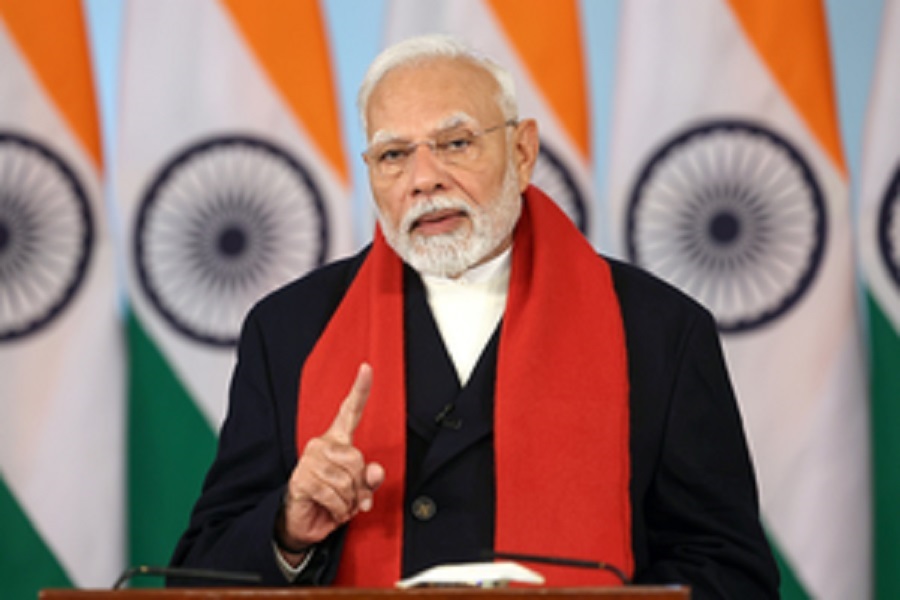






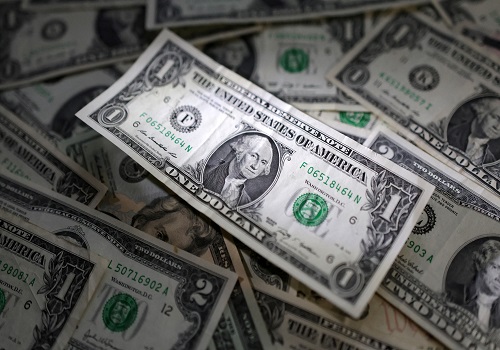
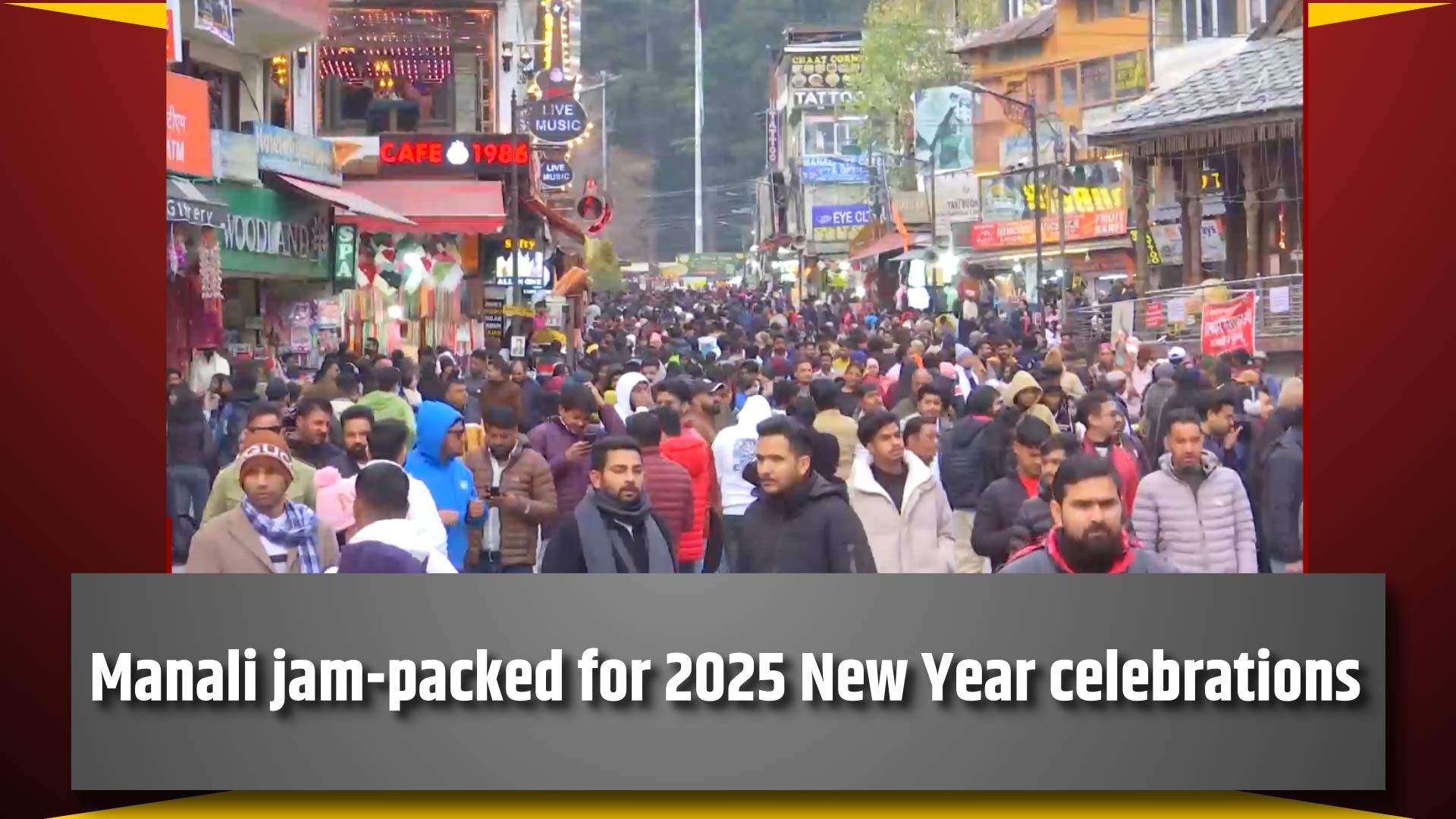
Top News
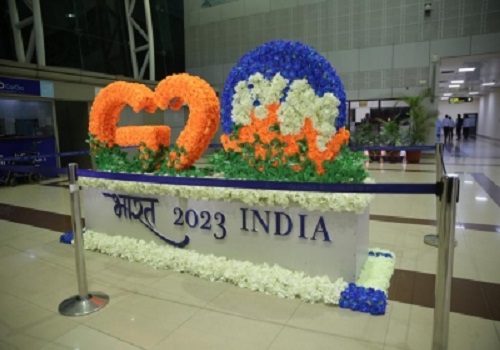
G20 FinMins agree on conducive environment for global economic recovery, protect vulnerable ...
Tag News

Weekly Market Analysis : Markets strengthened recovery and gained nearly 2% in the passing w...










